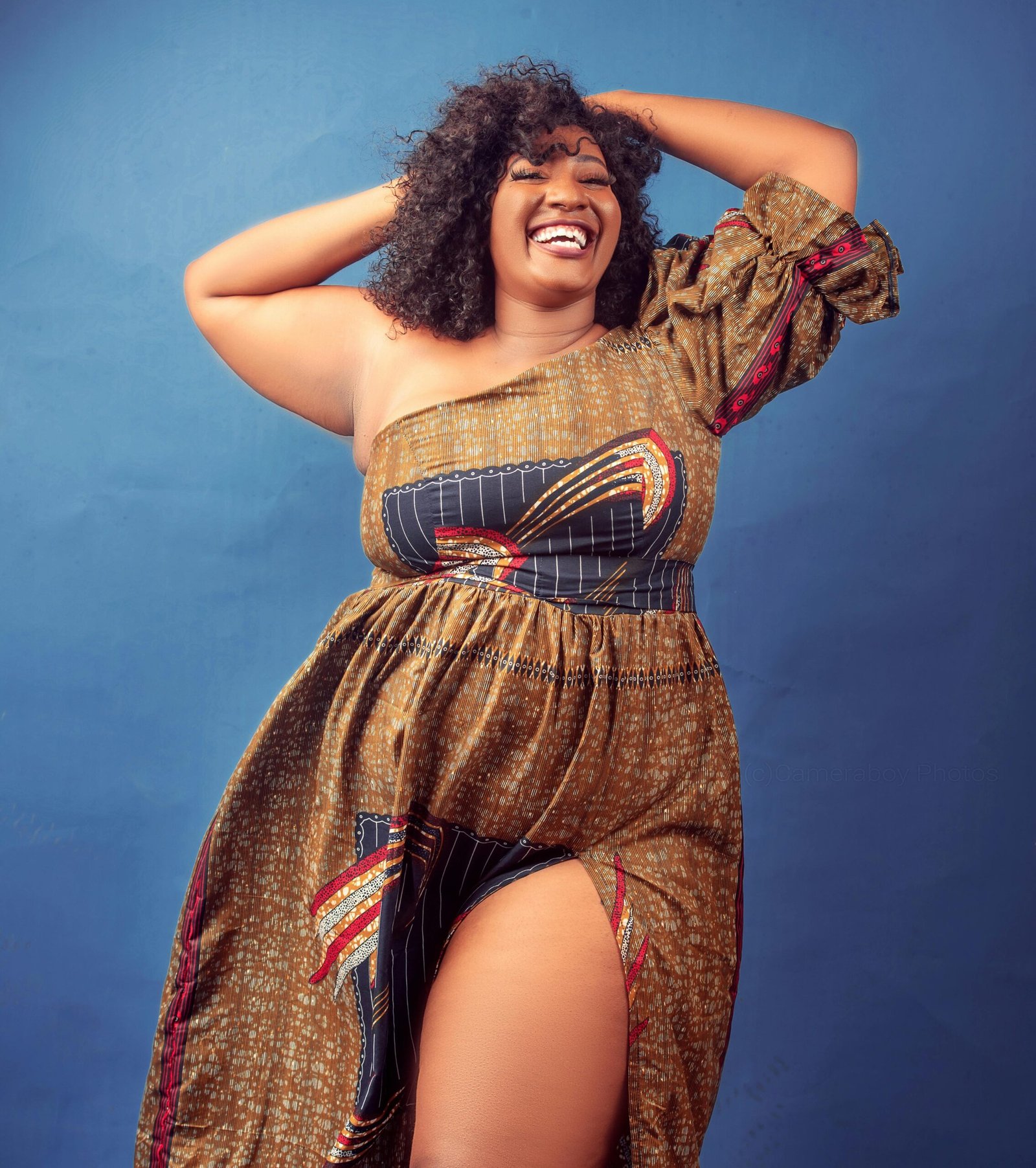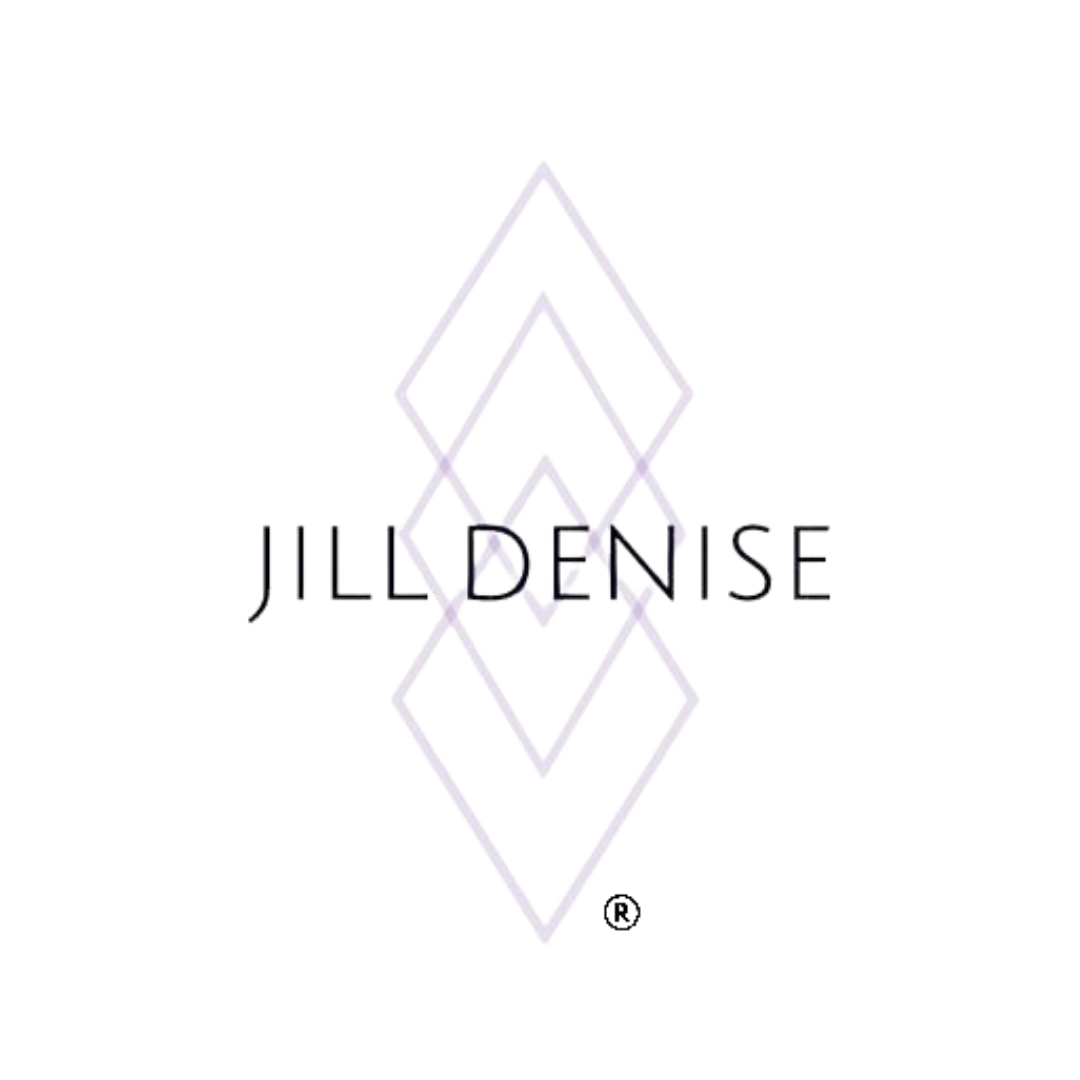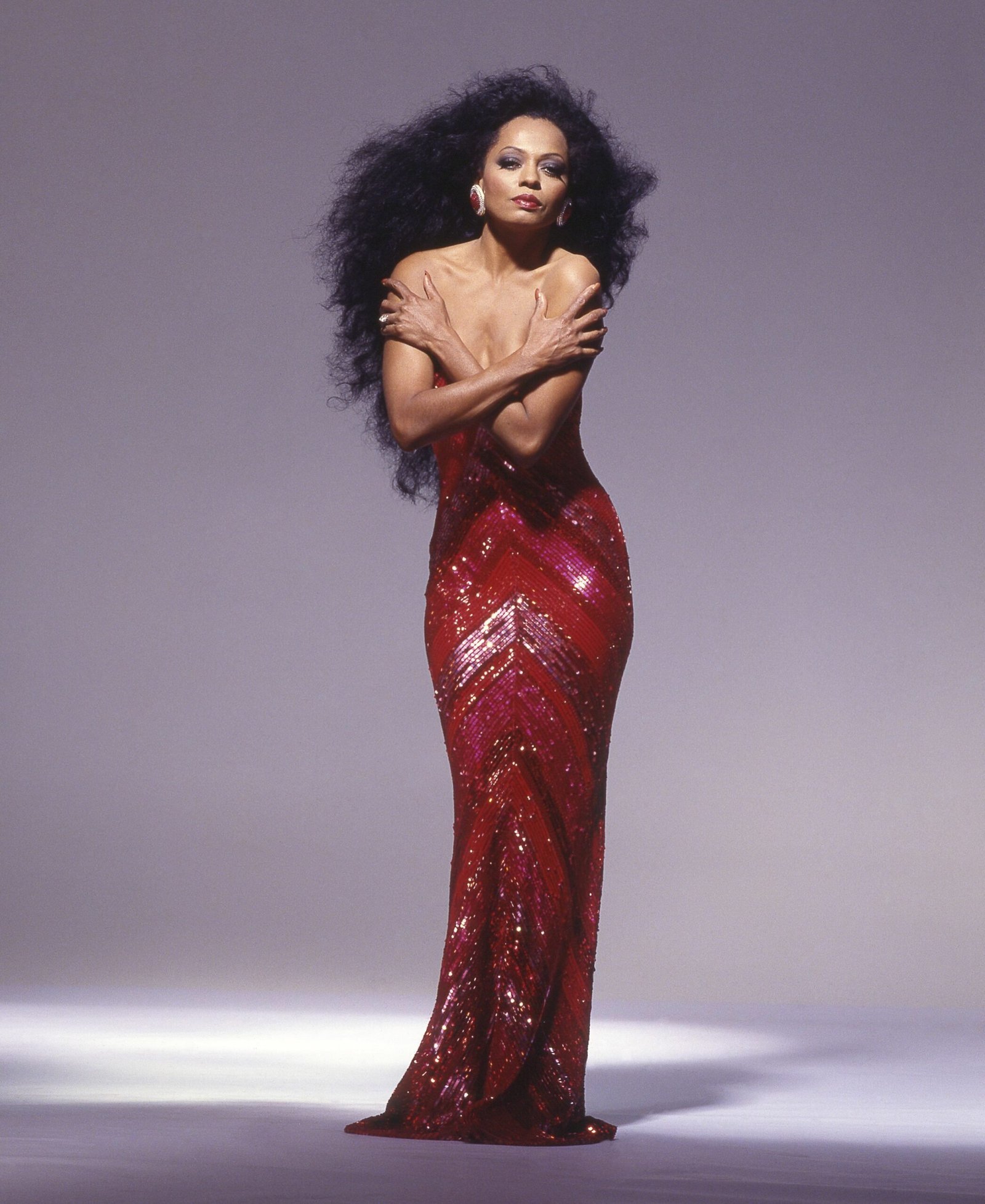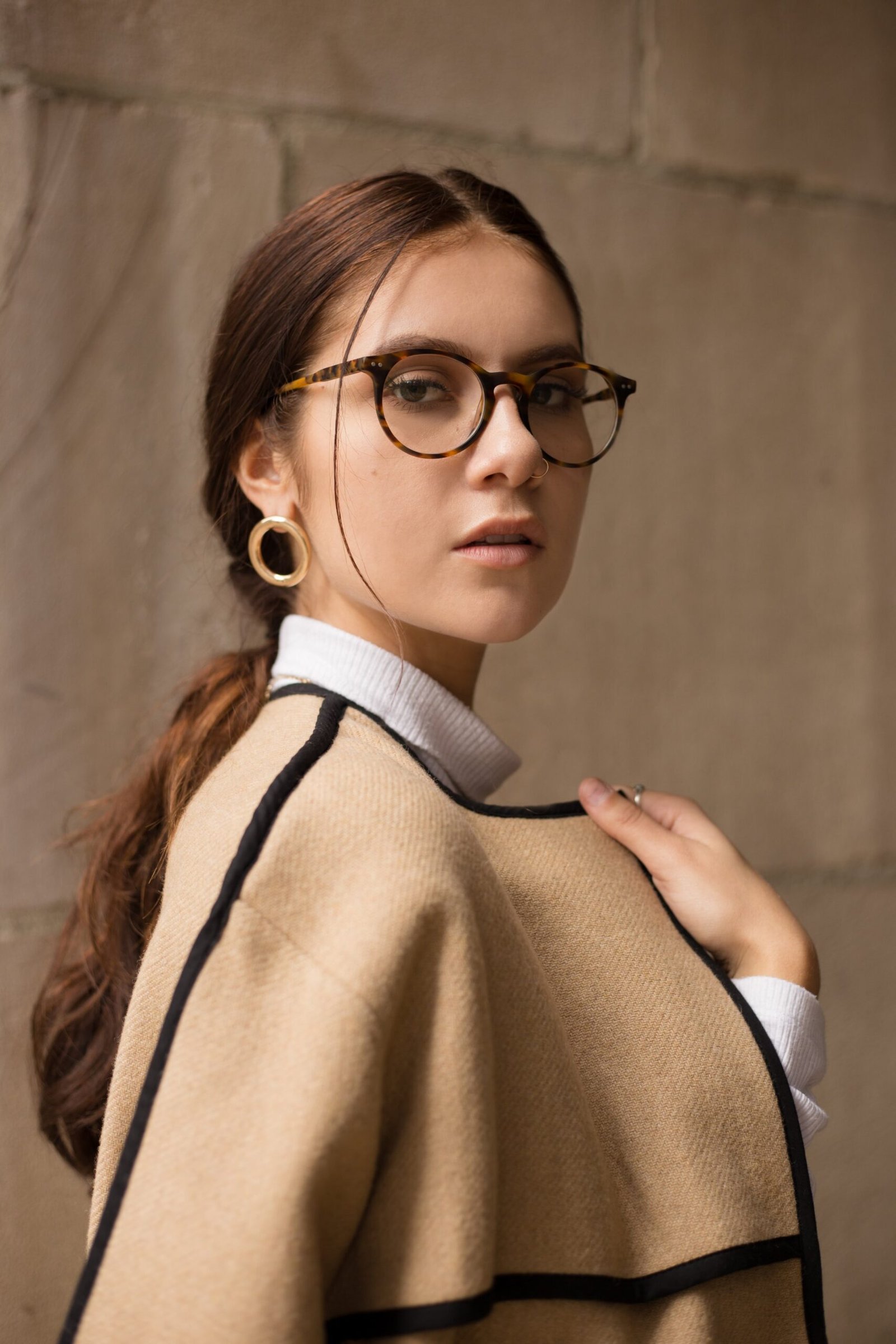
Learning Body Acceptance and Self-Love in Transition
For many women, midlife brings about a profound shift. Not just in our bodies, but in how we see ourselves. Menopause often acts as a wake-up call, not just physically but emotionally and spiritually. Hot flashes, weight changes, mood swings, and sleep disturbances are more than symptoms, they’re reminders that we’re evolving.
And yet, every time we pass a mirror, we’re met with a reflection that may no longer match who we used to be. Maybe our waistline is fuller. Maybe our skin has softened. Maybe we just look… tired. But what if the mirror isn’t there to judge us? What if it’s there to invite us to love who we are becoming? This is the journey of body acceptance and self-love in transition. And it’s one worth taking.
Redefining the Relationship with the Mirror
The mirror isn’t the enemy. But for many women, it has become a place of silent criticism. It reminds us of youth lost, beauty standards unmet, and “flaws” we’ve been trained to fight. But during menopause, your body is not betraying you—it’s transforming you. This is a natural rite of passage, not a punishment. The mirror reflects your story: one of wisdom, strength, endurance, and becoming. When you learn to look with softer eyes, what you see starts to change.
Try this: The next time you stand in front of the mirror, instead of pointing out what you want to fix, say “thank you.” Thank your thighs for carrying you. Your arms for embracing your family. Your belly for its softness, its strength. Your face for expressing laughter, sorrow, and resilience. You are still beautiful, just in a new way.
What Body Acceptance Really Means
Body acceptance doesn’t mean you love every inch of yourself every day. It means you’re no longer at war with yourself. It’s acknowledging:
- “Yes, my body is changing.”
- “Yes, I feel different in my skin.”
- “And yes, I still deserve to feel beautiful, valuable, and powerful.”
Acceptance is the bridge between criticism and confidence. It’s the moment you stop resisting who you are, and start embracing her wrinkles, softness, silver strands, and all.
Unlearning the Lies
Society teaches women that beauty is youth, thinness, and flawlessness. But those messages were never made for midlife women. They weren’t made for women who’ve led teams, raised families, survived heartbreak, or rebuilt careers.
You can begin to reclaim your power by unlearning those lies:
- Your worth is not tied to your dress size.
- Gray hair does not dull your shine.
- Soft skin doesn’t mean you’re soft on life. It means you’ve lived.
When you remove those filters of judgment, what you’re left with is you: real, raw, and radiant.
Style as a Tool of Self-Love
One beautiful way to practice body acceptance is through style. Not for approval, but for expression.
Wearing temperature-regulating clothing that fits your changing body isn’t just practical, it’s empowering. Clothes that breathe, drape, and move with you tell your body:
“I see you. I support you. I honor you.”
Dress for who you are now. Not the woman you used to be. Not the one society says you should be. But the one who wakes up every day, shows up, and is evolving, beautifully.
Creating Your Own Reflection Ritual
Try this simple self-love ritual:
- Stand in front of the mirror in the morning.
- Say aloud: “I am worthy of love, especially from myself.”
- Pick one part of your body you usually criticize and replace that thought with appreciation.
- Dress intentionally in something that makes you feel good. Not smaller, not hidden, but seen.
Repeat daily. Small affirmations lead to powerful shifts.
Final Thoughts: Love the Woman You’re Becoming
Menopause is not the end of beauty, it’s the beginning of a deeper kind. It’s the time to unlearn society’s expectations and write your own rules for what beauty and confidence look like. The mirror doesn’t lie, but maybe it’s time to change the story you tell yourself when you see your reflection. You’re still her. You’re still radiant. You’re still worthy. And now, you’re even more powerful because you love yourself from the inside out.








